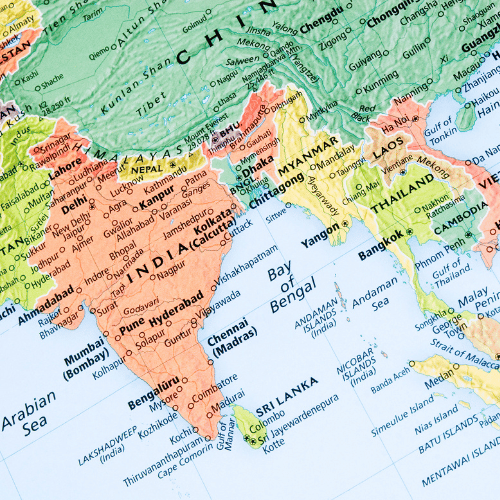Unlike seeking to amend the 23-year-old IT Act of 2000, the proposed bill aims to replace it entirely and may impose restrictions on major tech conglomerates like Alphabet and Meta. This proposed legislation is likely to incorporate provisions that mandate companies to disclose how they utilize user data. Furthermore, companies may be obligated to inform users about the processing of their data, with non-compliance resulting in severe penalties.
The much-anticipated Digital India Bill is expected to be unveiled by the government within the next fortnight, according to media reports on Tuesday. This proposed legislation is likely to incorporate provisions that mandate companies to disclose how they utilize user data. Furthermore, companies may be obligated to inform users about the processing of their data, with non-compliance resulting in severe penalties.
The draft bill may also encompass regulations regarding the possession and distribution of explicit material involving minors and unauthorized use of government-issued identification. To safeguard users, the Ministry of Electronics and Information Technology (Meity) is expected to delineate specific “no-go” zones for internet intermediaries and firms employing artificial intelligence (AI) and machine learning. These designated areas will address potential risks that could harm users.
Originally slated for release last month, the bill encountered delays due to the necessity of fresh consultations with experts, particularly on topics such as fact-checking and combating misinformation. Unlike seeking to amend the 23-year-old IT Act of 2000, the proposed bill aims to replace it entirely and may impose restrictions on major tech conglomerates like Alphabet and Meta. The government had previously initiated outreach efforts by consulting experts in major cities such as Bengaluru and Mumbai, conducting two rounds of public consultations during the pre-draft stage.
If enacted, this legislation would mark the third significant revision of the IT Act. In 2022, the Ministry withdrew an earlier version of the Data Protection Bill, which had languished for over three years. In its place, a new bill called the Digital Personal Data Protection Bill was introduced in November of the preceding year and is anticipated to be presented during this year’s Monsoon session of Parliament.















